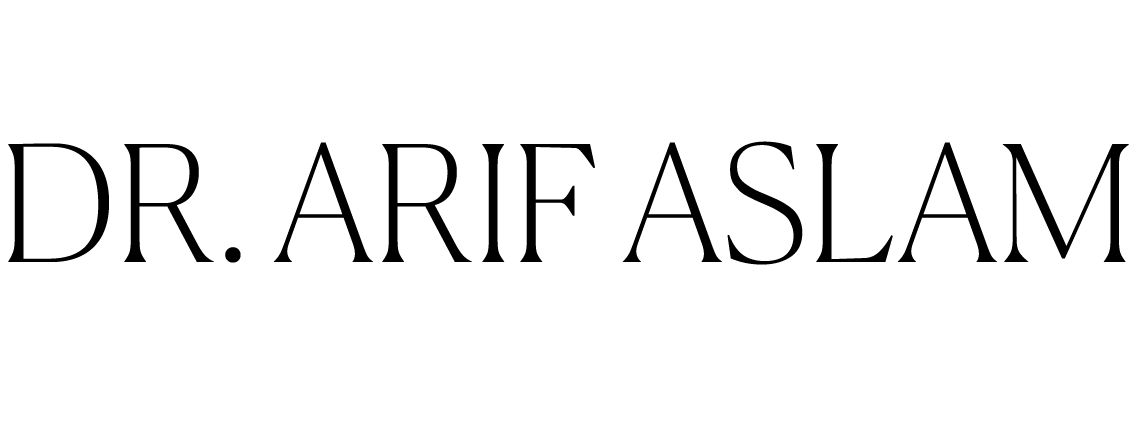BASAL CELL CARCINOMA (BCC)
BCC accounts for about 70% of non-melanoma skin cancers and begin in the lower layer of the epidermis (top, outer layer of the skin). It can appear anywhere on the body but most commonly develops on parts of the body that receive high or intermittent sun exposure (head, face, neck, shoulders and back). These carcinomas typically grow slowly and vary in size and appearance.
Fortunately, basal cell carcinomas rarely spread beyond the skin (metastasise) to other parts of the body. More often these tumours extend locally and destroy the surrounding tissue. Basal cell carcinomas on the face, ears, and scalp can behave more aggressively. Early detection and prompt treatment ensure an optimal outcome for this type of skin cancer.
Signs and symptoms
Basal cell carcinomas may appear and grow so slowly that you may not detect them initially. It is important to see your dermatologist when you notice a change in your skin that might indicate basal cell carcinoma, such as:
• A smooth, pale growth that may have a dent or dimple in the middle
• A small, pearly or waxy bump
• A red patch or irritated area
• A sore that scabs, heals, and regrows
• A bleeding or oozing sore
Dr Aslam offers a full range of treatments for basal cell carcinoma. He will perform a careful evaluation to determine the best treatment plan for each patient's unique set of circumstances and is an expertise in Mohs surgery, which is considered one of the most effective forms of treatment for basal cell carcinoma.
